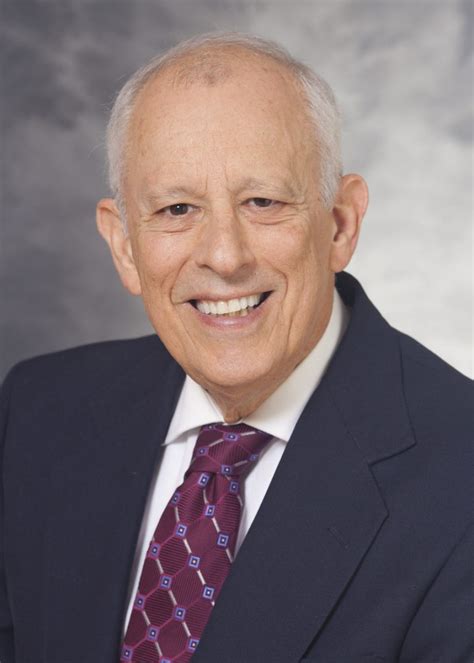A Quote by Richard Saul Wurman
Most of us do not even know how to ask a question. Most of us do not see the root of the word 'question' is 'quest'. Most of us don't have a quest in our life.
Related Quotes
But in the end, science does not provide the answers most of us require. Its story of our origins and of our end is, to say the least, unsatisfactory. To the question, "How did it all begin?", science answers, "Probably by an accident." To the question, "How will it all end?", science answers, "Probably by an accident." And to many people, the accidental life is not worth living. Moreover, the science-god has no answer to the question, "Why are we here?" and, to the question, "What moral instructions do you give us?", the science-god maintains silence.
And if I remain in the dark about our purpose here, and the meaning of eternity, I have nevertheless arrived at an understanding of a few more modest truths: Most of us fear death. Most of us yearn to comprehend how we got here, and why-- which is to say, most of us ache to know the love of our creator. And we will no doubt feel that ache, most of us, for as long as we happen to be alive.
Whence came I, whither go I? Science cannot tell us a word about why music delights us, of why and how an old song can move us to tears. Science is reticent too when it is a question of the great Unity – the One of Parmenides – of which we all somehow form part, to which we belong. The most popular name for it in our time is God – with a capital ‘G’. Whence come I and whither go I? That is the great unfathomable question, the same for every one of us. Science has no answer to it.
How we shall earn our bread is a grave question; yet it is a sweet and inviting question. Let us not shirk it, as is usually done.It is the most important and practical question which is put to man. Let us not answer it hastily. Let us not be content to get our bread in some gross, careless, and hasty manner. Some men go a-hunting, some a-fishing, some a-gaming, some to war; but none have so pleasant a time as they who in earnest seek to earn their bread.
I received a most amusing postcard the other morning. Unfortunately, it was not signed in a readable manner so I cannot answer it privately. But it comes from Moblie, Ala., and says: 'Dear Mrs. Roosevelt: You have not answered my question, the amount of Negro blood you have in your veins, if any.' I am afraid none of us know how much nor what kind of blood we have in our veins, since chemically it is all the same. And most of us cannot trace our ancestry more than a few generations.
we need poetry most at those moments when life astounds us with losses, gains, or celebrations. We need it most when we are most hurt, most happy, most downcast, most jubilant. Poetry is the language we speak in times of greatest need. And the fact that it is an endangered species in our culture tells us that we are in deep trouble.








































